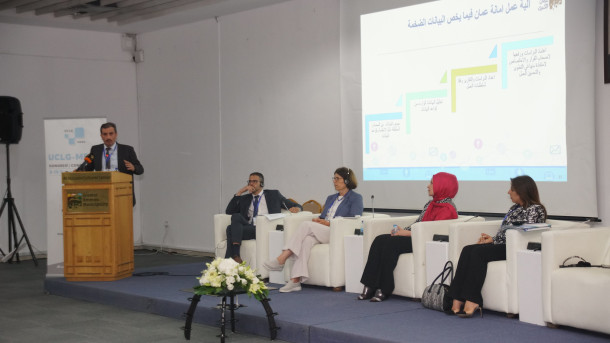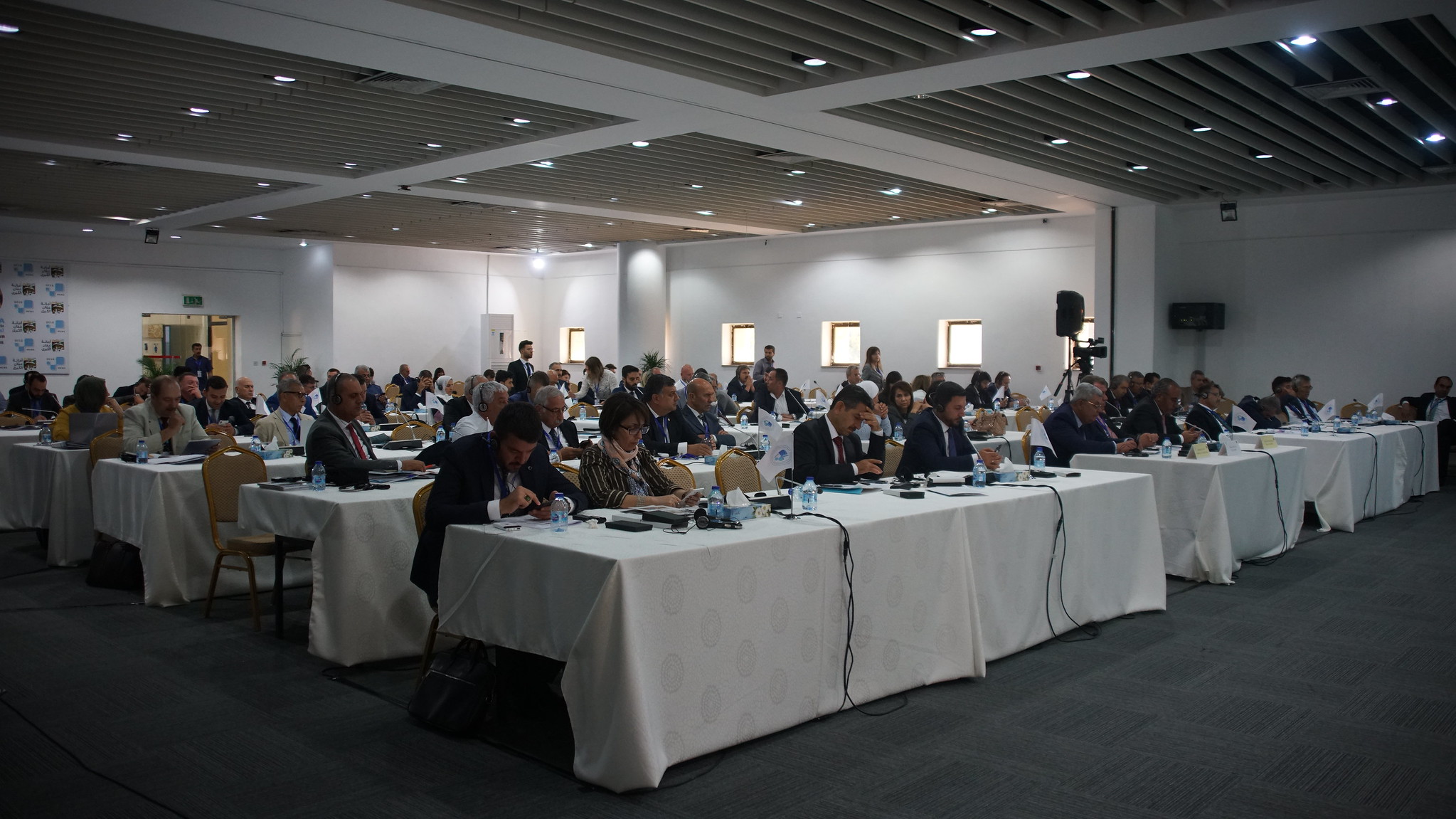
The challenges and opportunities of big and open data for local governments
The recent UCLG-MEWA general congress dedicated a specific roundtable on big data and technology use in metropolitan governance. With its unique challenges and characteristics, the Middle East and West Asia region provided a particularly interesting setting for the debate.
The technological revolution is a reality and has also enveloped cities and metropolitan territories, flooding public spaces and our lives with internet-connected tools that generate incredible quantities of data. It opens the door to unimaginable improvements in urban service delivery, planning, and, more broadly, quality of life. Data can provide critical insights for developing policy solutions on a range of urban challenges, including infrastructure planning and maintenance, socioeconomic inequality, government transparency and accountability. Visions of integrated, data-driven governance have been put forward around the world as a panacea for urban challenges, small and large. These were the premises of a round table held on July 9 at the UCLG-MEWA Congress in Amman.
The aim of the round table was to discuss different perspectives on the opportunities and challenges of cities and metropolises brought by the current technological and digital revolution. The session was moderated by Mr Eugeni Villalbí, project officer for the Metropolis Observatory, and attended by Ms Dr Sema Oktuğ, Dean of Faculty of Computer and Informatics (Istanbul Technical University) and Ms Jomana M. Attyat, General Manager of Arab Forum for Smart Cities (Arab Towns Organization), who spoke about these challenges and opportunities, as well as by Mr. Sultan Kharabsheh, IT Manager, Greater Amman Municipality and Dr. Safaa Karaki Aldwaik, IT Director, Ramallah Municipality, who presented their strategies and their cities’ main projects in the field of digitalization.

The two latter cities brought forward some very interesting projects, with Amman, in particular, ambitiously aiming to completely digitalize every public service in the immediate future. The representative from Ramallah, on the other hand, a city which is affected by some unique challenges given its difficult geo-political situation, outlined strong commitments to invest in geo-localization and especially the universal availability of free public WiFi, seeing the latter as a mechanism for social inclusion.
Overall, all participants agreed that the positive elements of digitalization are clear, but that challenges also exist and must be taken into account before decisions are made. Local governments often lack the baseline capacity to store, analyze, and apply the available data. The sheer scale of its creation in today’s world keeps growing exponentially, and this massive increase — which includes cell phone data, health data, water consumption data, energy usage data, sensor data, and more— means that all aspects of our lives are increasingly catalogued and quantified.
Do local governments have sufficient resources (financial, human and knowledge) to cope with this transformation? Can they adapt to the operational changes that this means? Can you guarantee the digital sovereignty of these data? Will they reduce inequalities and create more democratic and transparent societies? These questions were left open, with precise answers difficult to arrive at.
What was clear to all was that, although there are steep challenges ahead in transitioning to a data-driven model of governance, there is immense potential for generating tremendous public good. All involved, however, concurred that citizens and the betterment of their quality of life must be kept as the central focus of such efforts, in order to create not only better functioning cities but also more equitable and democratic ones, where citizens not only experience positive outcomes but also feel that they were involved in producing them.

